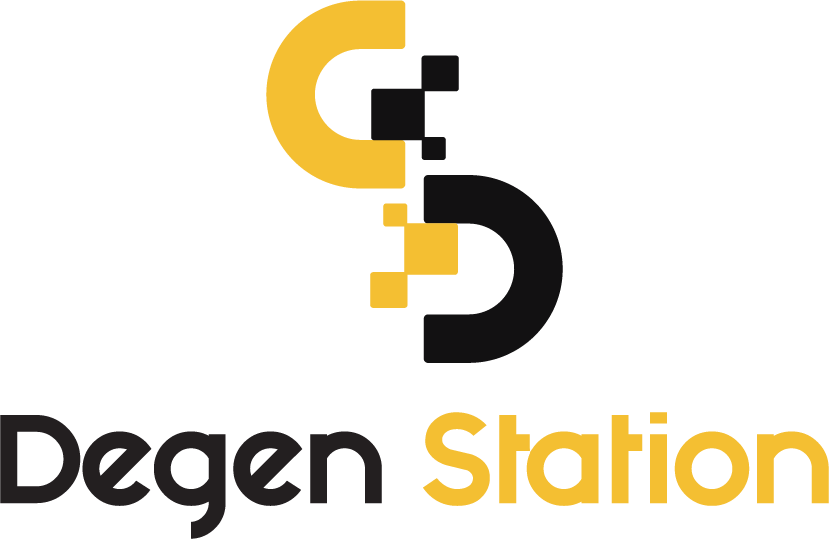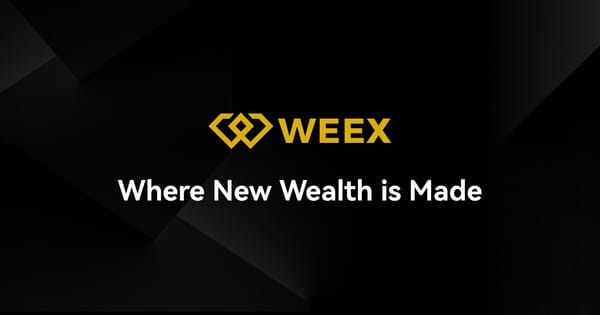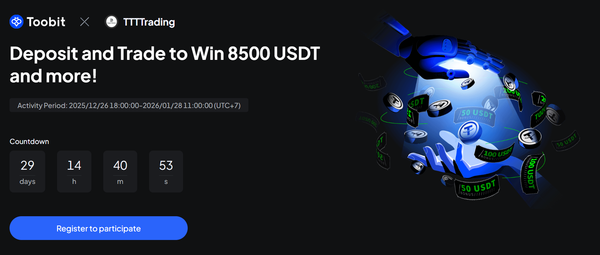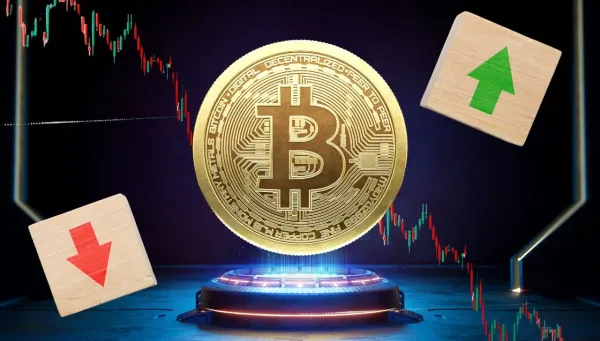Uniswap Introduces Controversial Token Swap Fee

Uniswap Implements New Swap Fee

Overview
Starting from October 17, Uniswap, the leading decentralized exchange (DEX), will introduce a new 0.15% fee, known as the "interface fee," for certain token swaps conducted through its web interface and mobile app.
I work in crypto because of the immense positive impact I believe it can have on the world, removing gatekeepers and increasing access to value and ownership.
— Hayden Adams 🦄 (@haydenzadams) October 16, 2023
I’m proud of the ways @Uniswap Labs has contributed to that effort and want to make sure we’re creating sustainable…
Details of the Fee
- Affected Tokens: The fee applies to swaps involving ETH, USDC, WETH, USDT, DAI, WBTC, agEUR, GUSD, LUSD, EUROC, and XSGD.
- Exemptions: Swaps between stablecoins will not incur the new fee.
Scope: The fee is only charged when the swap involves tokens listed above on the mainnet interface of Uniswap Labs and supported layer-2 networks.

Uniswap's fee announcement
Clarifications from Uniswap
Uniswap's founder, Hayden Adams, clarified on Twitter:
"This interface fee is separate from the Uniswap protocol fee, which is governed by UNI token holders."
The current protocol fee managed by governance is distinct from this new interface fee. Additionally, Uniswap had previously proposed a 0.3% liquidity pool fee.
Revenue Projections
Based on current trading volumes, The Block estimates that the new fee could generate approximately $1 million per day. The specified trading pairs account for around $580 million in daily volume, potentially adding $870,000 in fees from swaps alone, according to Flipside data.
Adams' Justification
Adams defended the fee, stating:
"Users have numerous options for using Uniswap, including aggregators, other user interfaces, or direct interaction with smart contracts. However, our interface remains the best and most popular in such cases."
"The fee is among the lowest in the industry and will provide additional funding for research, development, and the continued growth of cryptocurrency and DeFi," he added.
Community Reactions
The new fee policy has sparked a range of reactions within the community, leading to some debate and controversy.
Gabriel Shapiro, an advisor at Delphi Labs, criticized the move:
"It turns out they didn't want to drive value to UNI; they just wanted to extract more money from users."'
At some point I’m going to assume the UNI the token is going to direct a portion of fees to holders. No other way to drive value.
— Is◎.B3Ξ (@Iso_IX) October 13, 2022
Investor Nic Carter also expressed frustration:
I told you guys for a long time. And they waited till $50M new UNI proposal to Foundation was approved to announce this.
— _gabrielShapir0 (@lex_node) October 16, 2023
No idea why anyone holds UNI. *This* is the kind of token the SEC should be cracking down on, not the ones that actually do have intrinsic system fees. https://t.co/WjDtj8055s pic.twitter.com/2YSBEibhro
Nic Carter's reaction on Twitter
However, some members of the community have shown support for Uniswap, arguing that this step is necessary for sustainable business growth.
I hope this brings Uniswap Labs much success.
— lastmjs ∞ (@lastmjs) October 16, 2023
The beautiful thing here is that the protocol remains permissionless and no one is forced to pay the fee.
Imagine the same for open source software installed into smart contracts and canisters.
Sustainable open innovation. https://t.co/6I9fnuHptN
Supportive community member's reaction on Twitter
Conclusion
Uniswap's introduction of the interface fee has led to mixed reactions, with some viewing it as a necessary move for sustainable growth, while others criticize it for potentially prioritizing revenue over user value. The ongoing debate highlights the challenges faced by DeFi platforms as they navigate the balance between growth and user satisfaction.





